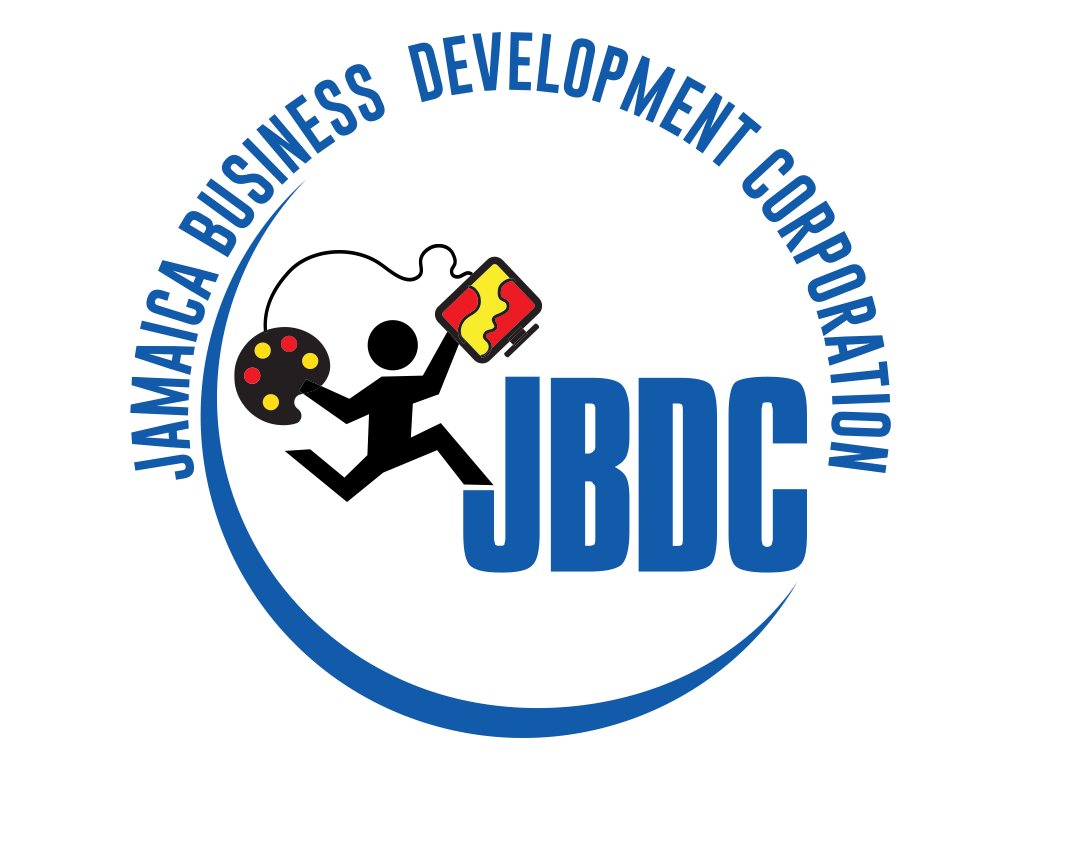Welcome to the Entrepreneur Weekly! Last week we touched on value chain development in Agriculture and Manufacturing. In this week’s blog, we are exploring the intriguing concept of the cluster approach. How does this go hand-in-hand with value chain development? Is it good for business? If you’re an entrepreneur seeking to boost your business, stay tuned to discover why clustering is an invaluable strategy, especially when it comes to Agro-processing.
Clusters connect and develop businesses of the same field. The cluster approach is a strategic concept that emphasises businesses working closely together in geographic proximity within the same industry. This collaboration fosters mutual growth, innovation, and competitiveness. Essentially, it’s about turning competition into cooperation. Clusters can allow small companies to combine advantages with various benefits. Hence, the clusters are important operators in a region’s economic growth.
Clusters are intricately linked to the concept of the value chain. A value chain consists of the various activities and processes that transform raw materials into a finished product that consumers can purchase. Clustering brings together different stages of the value chain, enabling businesses to connect and complement each other’s activities. This synergy optimises the entire production process and enhances the quality of products.
Top 3 Reasons Why Clustering Is Good for Business
- Collaboration Spurs Innovation: Janine Fletcher-Taylor says clustering encourages businesses to share knowledge, ideas, and resources. When competitors become collaborators, they stimulate innovation by cross-pollinating their expertise. For instance, in the JBDC’s Agro-processing cluster, Jamaica Harvest™, micro-producers share expertise, develop new techniques and set trends.
- Economies of Scale: According to Lawpath, in clusters, businesses can enjoy cost savings through economies of scale. They can collectively purchase raw materials in bulk, share distribution channels, and access shared services. This results in lower costs and higher profit margins, which is a game-changer, especially for Micro Small & Medium-sized Enterprises (MSMEs).
- Enhanced Market Access: Lawpath says, “By clustering, businesses can collectively market their products, reaching wider audiences”. In the agriculture cluster, for instance, multiple micro- producers can combine their efforts to showcase their products on a larger scale. This helps them tap into new markets and broaden their customer base.

JBDC and the Cluster Approach
Consider the success story of JBDC’s Jamaica Harvest™, where a group of small-scale Agro-processors joined forces. They improved production methods, enhanced product quality, and collectively marketed their products internationally. This led to a substantial increase in market access and increased revenues for cluster members.
The JBDC has been a pioneer in using the cluster approach to assist clients in the manufacturing sector. Janine Taylor, Manager of the Marketing Services Unit at the JBDC says, “We use the cluster approach for business development to assist micro-firms or small firms that on their own are unable to meet order fulfillments or meet demand and they do similar products or in some cases the same products.”
JBDC has nurtured various cluster brands, where businesses in the same industry or related industries come together for the collective benefit. With about 5 cluster brands including Jamaica Harvest™.
As a cluster approach, the JBDC uses a branding technique. This is where several cluster producers are under one brand with a harmonised formulation, product design or product development specification so that collectively they can fulfill orders. “This can be compared to contract manufacturing and allows them to build their production capacities, increase their revenues at the startup level, until they are able to invest in their own brands and their own collections,” Fletcher-Taylor explained.
The market response to JBDC’s clustering initiatives has been overwhelmingly positive. These clusters have led to improved quality, increased production efficiency, and access to new markets.
One fascinating aspect of clustering is its impact on gender diversity. In many cases, women-owned MSMEs have shown a significant interest in and benefit from clustering initiatives. However, Janine Fletcher-Taylor, says there is an equal amount of male and female MSMEs participating in the JBDC’s clusters.
The JBDC aims to significantly improve the Agro-processing sector through a partnership with the Caribbean Development Bank (CDB), targeting MSMEs by giving them access to production facilities so they can take advantage of new opportunities in the global market. The initiative, Increasing the Export Capacity of Micro and Small Agro-Processors Using the Cluster Approach Project, offers training in cutting edge manufacturing and agriculture techniques, improved incubator access, and branding and marketing assistance for the Jamaica Harvest™ brand. The European Union (EU) is funding the project, which aims to increase exports and the economic opportunities of women and girls in the sector and awareness of gender-related concerns in all initiatives.

GEW D.R.I.V.E – Developing Rich Industry Value Chains for Export
JBDC’s pioneering efforts in this area are a testament to the benefits that clustering can offer to businesses, and they point to a future of collaborative and inclusive entrepreneurship. This year’s Global Entrepreneurship Week (GEW) celebrations will be recognised during the period, November 13 – 19, 2023. JBDC will use this GEW to highlight emerging and creative industries, facilitate business to business discussions and encourage business start-ups on a national level.
Monday November 13, 2023 marks the official opening of the JBDC’s Agro-processing Incubator. This will feature live equipment demonstrations, a Jamaica Harvest™ Specialty Challenge, as well as a Business Dialogue Forum. This forum will see discussions led by industry giants around the sphere of Agro-processing in Jamaica.
See https://www.jbdc.net/jbdc-global-entrepreneurship-week-celebrations-are-back/ for more information about JBDC’s GEW events that you can be a part of.
Let’s D.R.I.V.E with JBDC!
Author







